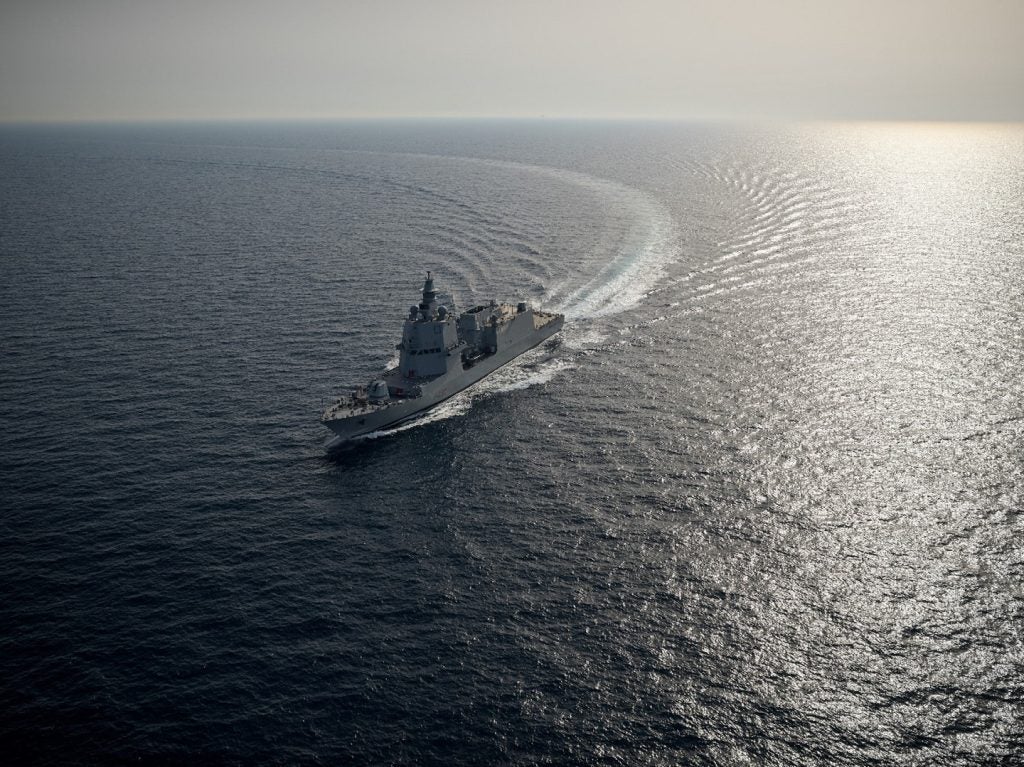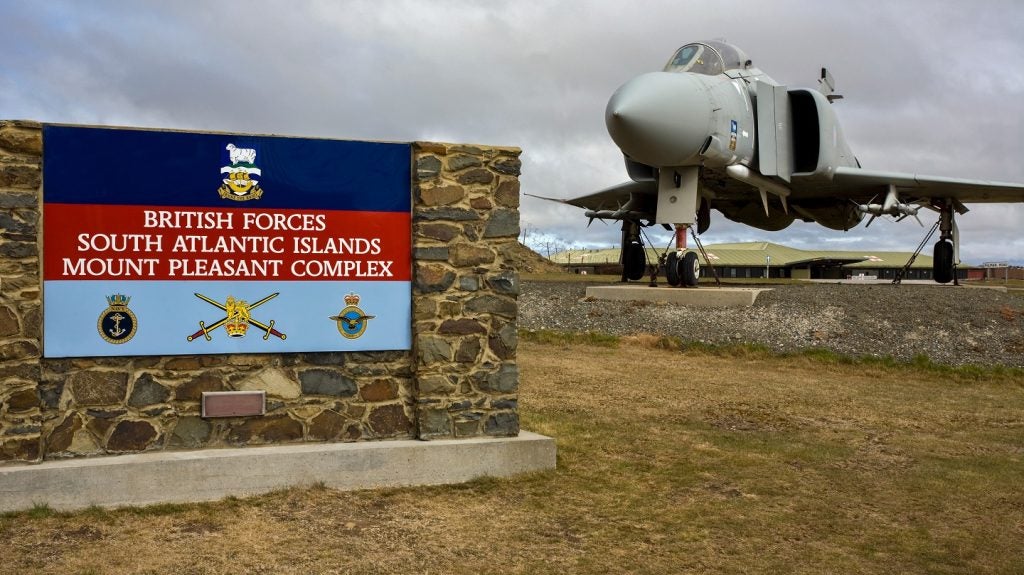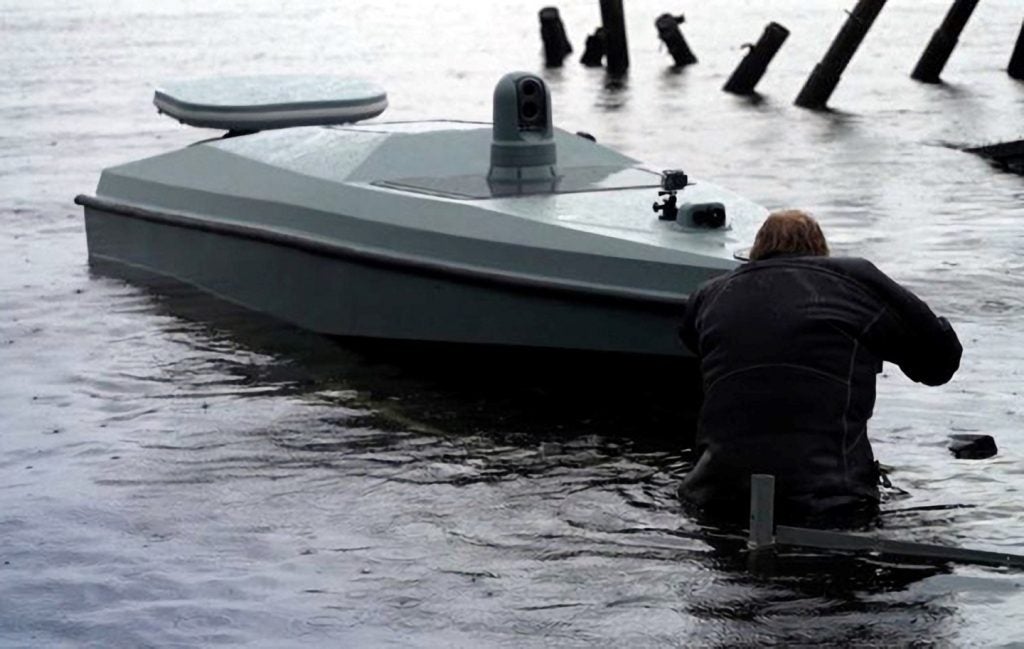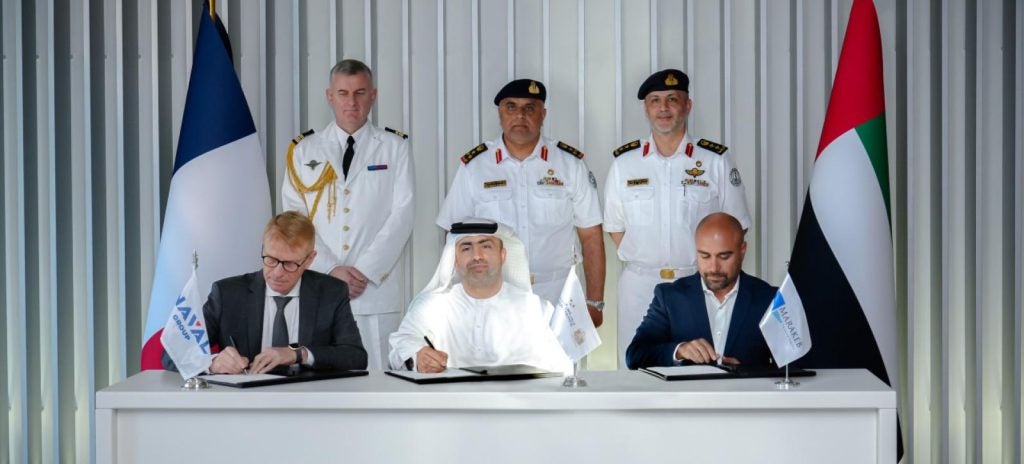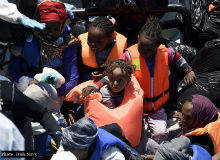

Frontex, the European border agency, already has two search and rescue operations running – Operation Triton in the central Mediterranean and Operation Poseidon in the Agean – but in mid-May, the EU approved an additional naval task force to target the people smugglers themselves. Led by the Italian aircraft carrier Cavour, Eunavfor Med consists of a total of eight vessels, including two submarines and a number of aircraft, from 14 member states and is tasked with identifying, seizing and destroying the boats used by the traffickers.
There are strong parallels to Operation Atalanta, the EU anti-piracy mission off the Somali coast, and Gerry Northwood OBE, the former Royal Navy Captain who was head of plans at Atalanta’s inception and is now COO of the maritime security company MAST, says the lessons learnt there need to be remembered. In particular, he warns that if Eunavfor Med is to be successful, it will have to adopt a genuinely multi-agency approach.
Multi-agency cooperation is a must "Bringing the agencies together is one thing. Actually working together and achieving something which is greater than the sum of the parts is quite another," Northwood says. "To be successful requires determined and imaginative leadership at every level. There needs to be a real willingness to be engaged with other agencies and formations."
How well do you really know your competitors?
Access the most comprehensive Company Profiles on the market, powered by GlobalData. Save hours of research. Gain competitive edge.

Thank you!
Your download email will arrive shortly
Not ready to buy yet? Download a free sample
We are confident about the unique quality of our Company Profiles. However, we want you to make the most beneficial decision for your business, so we offer a free sample that you can download by submitting the below form
By GlobalDataHe explains that the collaborative nature of maritime operations naturally plays to this, with naval command structures being, by necessity, willing participants in multi-agency operations, but he is clear that the whole of the marine private sector has an important role to play, too.
See Also:
The role of the private sector
"Commercial shipping is, in many respects, at the forefront of the humanitarian effort," Northwood explains. "Very often, passing shipping will be first on the scene when a migrant vessel requires assistance. Under SOLAS [safety of life at sea], merchant vessels are legally bound to provide assistance. Commercial shipping can also be reporting what they see to the naval authorities, thereby aiding them in building the ‘white’ picture of all seagoing activity."
Northwood also believes that private maritime security companies have a significant contribution to make, not least because of the wealth of experience they have developed protecting vessels from piracy in the Indian Ocean, Gulf of Aden, southeast Asia and off West Africa. He feels that the key lesson of the past few years is that what appears to be a localised threat at first can very quickly morph and grow into something more dangerous and widespread.
The Conservatives have free rein for the first time since 1997 after securing an unexpected majority at the UK general election.
A new Trojan Horse threatA case in point is Somali piracy, which originally only targeted shipping local to Somalia, as Northwood points out. "This enabled them to hone their maritime skills and piracy business model before taking on international commercial shipping in the sea lanes," he adds. "Similarly, people smuggling between Yemen and Somalia provided the Somali pirates with a ready supply of boats and potential pirates already operating in the Gulf of Aden, and therefore superbly well placed to predate on commercial and private vessels."
With so much criminal activity already being conducted in the Mediterranean, Northwood suggests that a fertile breeding ground now exists for other types of illegal activity – which could include both piracy and terrorism. A people smuggling vessel potentially provides the perfect ‘Trojan Horse’ disguise for gaining access to a commercial vessel or private yacht, and he says that what began as a SOLAS incident could soon become a case of hijacking, hostage-taking or worse.
A new naval approach
The deployment of HMS Enterprise to the Mediterranean to replace HMS Bulwark highlights the start of Europe’s shift in approach towards the migrant problem heading for its shores. At 3,700 tonnes, this multi-role survey vessel is roughly a fifth the size of Bulwark, and while the Royal Navy’s former fleet flagship was credited with saving 5,000 lives during its time on search and rescue duties, the Enterprise’s mission is centred on disrupting the trafficking operation itself.
Northwood says that although the ongoing humanitarian effort is entirely appropriate and laudable, it merely treats the symptoms, not the cause. He believes that the long-term solution lies in intelligence-led operations, for which the Enterprise is well equipped to make a significant contribution, focussed on identifying people smuggling networks ashore and afloat, in order to close them down. Nevertheless, given the nature of Libyan politics and tribal allegiances, he says there is more to achieving that than can be dealt with by naval operations alone; the real solution lies ashore.
"A key element to achieving success will be to follow the money and find ways to either remove those who are profiting from this, or make it more attractive for them to do something else," he says.
Tackling the long-term challenges
Getting at those behind the human trafficking networks will inevitably prove something of a challenge, and the situation in Libya hardly helps. The dysfunctional state struggles with two rival governments, endemic unrest and a seemingly ever increasing number of would-be migrants coming to its shores to await their chance to cross, and there have recently been reports of threats by the Libyan Air Force to attack unauthorised European ships in their waters.
Achieving a meaningful political solution in Libya, with a unity government strong enough to police its own territory and waters and prevent the country being used as a conduit to Europe, clearly forms one half of any permanent solution to the trafficking problem. Making the countries the migrants come from into more attractive places to live is the other, since few would opt to pay the sums involved to embark on a journey so long, uncertain and hazardous if their lives back home were not so bleak.
"Until we are able to solve the problems of the Middle East and sub-Saharan Africa, mass migration by various routes into Europe is something we will have to manage as best we can to reduce the flow and the incidence of tragedy," Northwood says. "In the long term, if we can break the cycle of political and religious discord, and resultant violence and corruption in the region as a whole, the migrations can be brought under control."
With one in every 122 of the world’s population currently a refugee, internally displaced, or seeking asylum according to UN estimates, achieving that goal cannot come a moment too soon.



